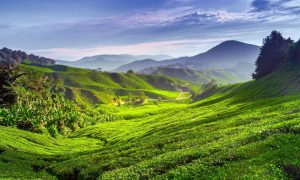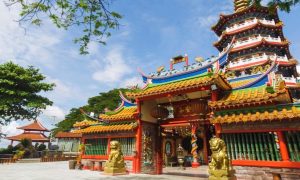Johor: Malaysia’s Southern Gateway

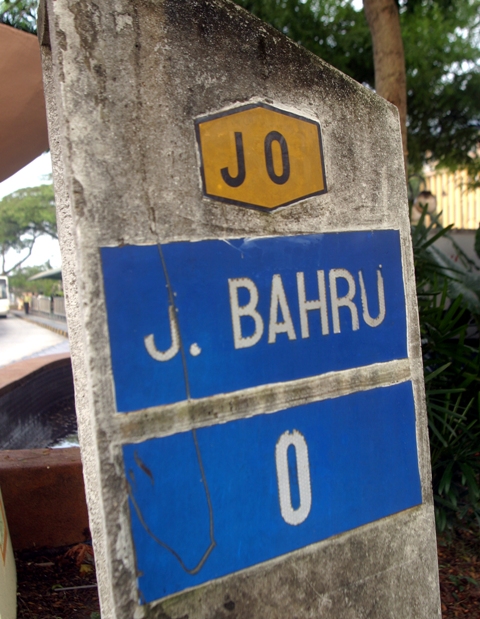
Routinely overlooked as a slumbering state sandwiched between two regional heavyweights-namely Kuala Lumpur and Singapore – Malaysia’s most southern state is changing its course and has its eyes firmly fixed on a bright future.
The name “Johor” originated from the Arabic word Jauhar, ‘gem’ or ‘jewel’. Malays tend to name a place after natural objects in great abundance or having visual dominance. Before the name Johor was adopted, the area south of the Muar River towards Singapore was known as Ujong Tanah or ‘land’s end’ in Malay, due to its location at the end of the Malay Peninsula.
Steeped in old-world charm, Johor is fast becoming one of the most-developed states in Malaysia. Due to its close proximity to snazzy Singapore, numerous shopping malls have popped up, including the Johor Premium Outlet as well as theme parks such as Legoland and the Desaru waterpark. Despite these modern measures, the soul of Johor remains very much steeped in tradition.
Historical Significance
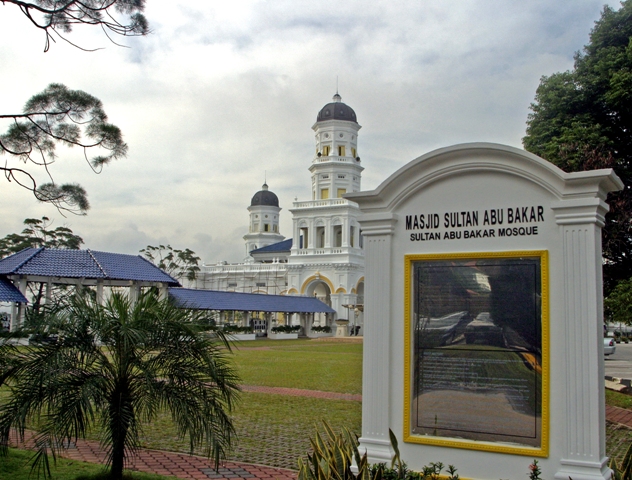
After Malacca was captured by the Portuguese in 1511, the Malays reestablished their kingdom in Johor. However, following this event, things were far from quiet in the region, with the Malays facing numerous challenges from those eager to wrestle the power away from them. These challenges forced them to forge a number of strategic alliances in order to maintain economic and political power in the area.
In 1641, with the assistance of the Dutch, Malacca (now spelled as Melaka) was captured and added to the Johor kingdom. Over the next two decades, Johor enjoyed a period of great prosperity, but was then followed by a decrease in wealth towards the early 18th century.
In 1819, Johor was split into two territories. The mainland fell under the control of the Temenggong and the Sultanate of Riau, while Linggi came under the control of the Bugis, an Indonesian ethnic group famed for conquering most of Southeast Asia. Later, in the early 19th century, Stamford Raffles acquired Singapore for the British. During that time, Singapore was part of the Johor Empire. However, a treaty signed in 1855 between British-controlled Singapore and Sultan Ali of Johor saw the control of the state (with the exception of Kesang which was later added in 1877), being handed over to Dato’ Temenggong Daing Ibrahim. This period marked the beginning of modern-day Johor.
Dato’ Temenggong Abu Bakar, the son of Temenggong Ibrahim, succeeded his father as the Sultan of Johor in 1866 and went on to play a significant role in the development of the state. The Sultan helped to draft a constitution and establish a stable political system. Additionally, he constructed the Istana Besar, which is the Sultan’s official residence and was responsible for the development of districts in the state. Through his many achievements, Sultan Abu Bakar gained the title “Father of Modern Johor” for transforming Johor Bahru from a plain fishing village into a developing and thriving town.
Black pepper and gambier (agricultural crop) industries became Johor’s economic foundations in the 19th century and encouraged an influx of Chinese immigrants to migrate to the region. After the death of Sultan Abu Bakar, his successor was forced to rule under the watchful eye of DG Campbell, who took office in 1914, under the British residency system. The onset of World War II saw the city hold out against the Japanese longer than any other city in the Malay peninsula – which was no mean feat at the time. After the war, the state of Johor became a part of the Federation of Malaya.
Modern Visions
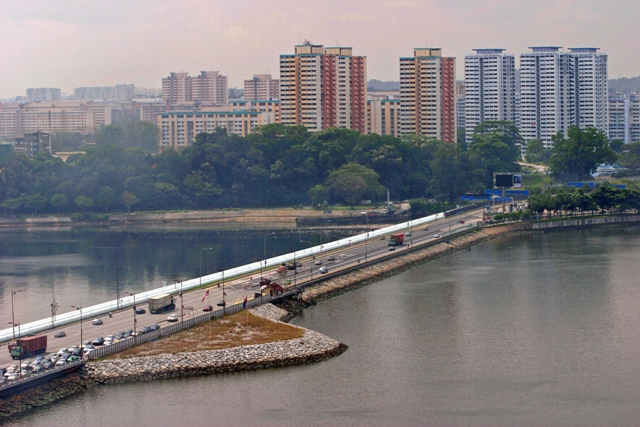
Today, Johor is a prosperous state with a rapidly growing economy that is dominated by agriculture, manufacturing, trade and tourism. The oil palm, rubber, pineapple, and banana plantations in the state bear testimony to the significance of agriculture as Johor’s major source of economic wealth.
The Iskandar Malaysia project is well underway and encompasses 2,217 km2 of the state’s area. When complete, this massive development corridor will be a major catalyst in Malaysia’s economy, offering business, tourism, recreation, and residential opportunities never before seen in Johor.
Today, the most popular destination in Johor is its capital, Johor Bahru. More popularly known as JB, it is the southern gateway to Peninsular Malaysia, and is connected to Singapore by road and rail across the mighty Causeway. Inevitably, JB suffers from comparisons with its more successful southern neighbor, perhaps propelling the boom in economic development in this region. Now a burgeoning centre of investment and development, the city is home to a distinctively designed international convention centre, while a colossal construction site adjacent to the train station houses the slick new Customs, Immigration, and Quarantine complex.
On the practical side, picking JB over Singapore as a regional transport hub can net big savings on tickets. It comes as no surprise that Singaporeans flock across the Causeway en masse for shopping and excitement on weekends and public holidays.
A major draw of Johor lies in its unique cuisine. Influenced by Arab traders, Bugis, Javanese, and the surrounding Malay Archipelago, Johorean dishes have a distinctive blend of ingredients resulting in a truly inimitable taste. The famed Laksa Johor is different to all other laksas mainly because of its coconut milk and spaghetti noodle base, while the distinctive Nasi Briyani Gam, a spicy Johorean variation, has spawned copycat versions all over the nation.
From humble beginnings to the rapidly developing economy it is today, Johor has come a long way from its warrior roots.
———————————————————————————————————
Source: Senses of Malaysia Jul-Aug 2013
What are your thoughts on this article? Let us know by commenting below.No registration needed.










